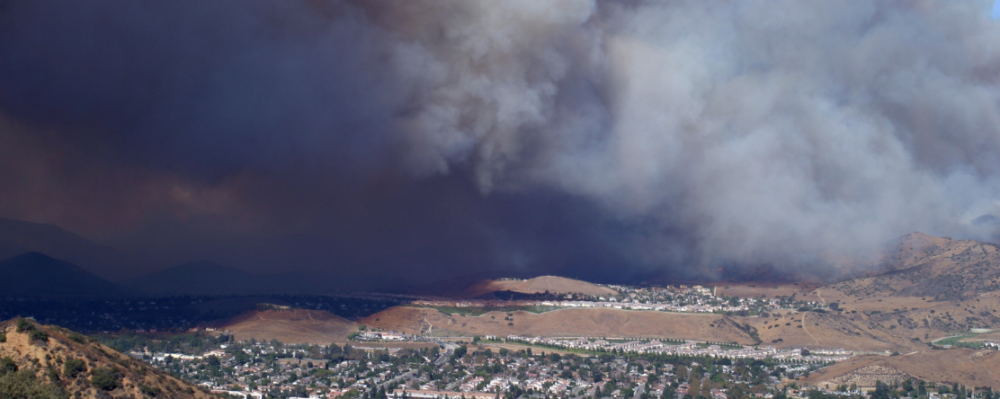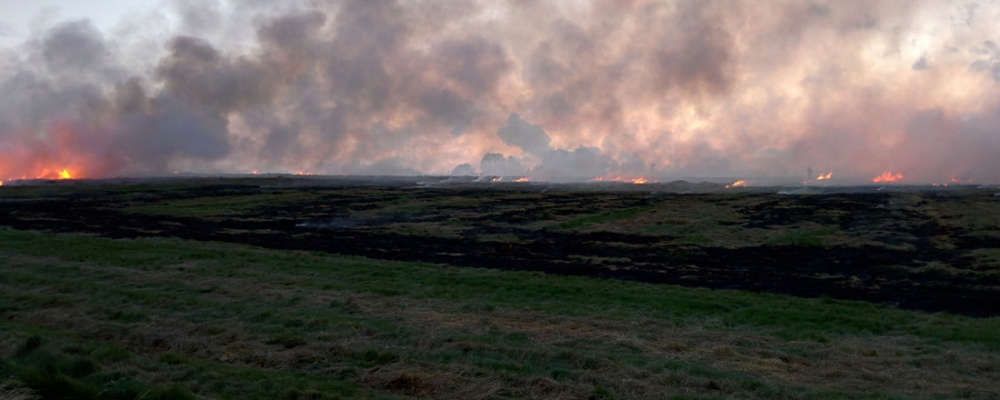
Sustainable Financing for Asthma Education and Home Environmental Trigger Remediation: Lessons Learned from the Field
-
Focus Areas
Chronic Disease Prevention -
Issues
Asthma -
Programs
Regional Asthma Management and Prevention Program

Asthma is a common chronic condition affecting over 25 million people across the country. Unfortunately, those suffering the greatest asthma burden—low-income communities and communities of color—often lack access to the very things that will help keep their asthma under control. Asthma education and home environmental trigger remediation are two of the four vital components of the national clinical guidelines for the management of asthma, and are proven to improve health outcomes and reduce healthcare utilization costs, typically in a very short amount of time. Still, access to these services—particularly for low-income and minority patients for whom the asthma burden is high—is far too inconsistent and limited.
To ensure that people with poorly controlled asthma have access to the services and systems they need to be healthy, advocates have long recognized the need for sustainable financing for asthma education and home environmental trigger assessment and remediation. Recent transformations to the health care system, including a greater emphasis on prevention, provide more opportunities sustain existing programs and bring such services to scale.
Read full report or the executive summary.
Building on this promise, public health, community, and government leaders across the nation have been supporting policy and program efforts while sharing lessons learned. Given the innovative nature of these efforts, and the continuously evolving political and economic climate, PHI’s Regional Asthma Management and Prevention program (RAMP) developed a report to document and share this growing body of knowledge. This paper provides both insights and inspiration to stakeholders across the nation working to increase access to essential in-home asthma services.
Related Resources
In spring of 2018, RAMP also hosted a webinar on sustainable financing for asthma education and home environmental trigger remediations, which explored the lessons-learned from efforts in California, Michigan, New Mexico and elsewhere. The webinar also highlighted technical assistance available from the National Center for Healthy Housing and partners to help advocates advance their own work.
Browse resources from the webinar:
- The full recording and presenter slides are available here.
- Learn more about the TA support from the National Center for Healthy Housing
- Download a matrix of recent studies exploring asthma education cost-effectiveness and return on investment
Work With Us
You change the world. We do the rest. Explore fiscal sponsorship at PHI.
Support Us
Together, we can accelerate our response to public health’s most critical issues.
Find Employment
Begin your career at the Public Health Institute.


